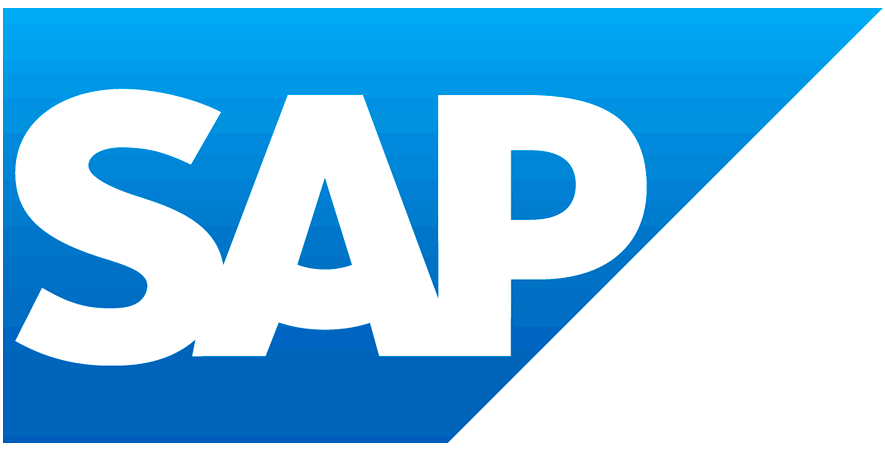Haiti Four Years Later: SAP Technology, Funds, and Volunteers Create Jobs
by Susan Galer in SAP Business Trends
Major disasters generate an outpouring of relief immediately after they occur, and rightly so. But the real measure of support is whether or not it improves people’s lives over time. Four years ago Haiti was rocked by 7.0-magnitude earthquake, leaving widespread devastation in its wake. Much went wrong in the initial aftermath as agencies scrambled to bring humanitarian aid to victims. However, one thing that went right is theYunus Social Business Haiti (YSB Haiti) program. Formed two weeks after the earthquake from a partnership between SAP and Professor Muhammed Yunus of Nobel Peace Prize renown, YSB Haiti has trained over 1,000 youths, and created 300 jobs along with social businesses.
Contrary to what you might think, social business in this context has nothing to do with social media. It’s the moniker for a unique way of fostering economic self-sustainability, especially for people who live in some of Haiti’s most disadvantaged rural communities. Here’s how it works.
From an SAP investment that has included 1.5m Euros, SAP Business One software, and volunteers, YBS Haiti brings entrepreneurs funding, training, and business advice. A portion of the profits is then re-invested into education for children across each community. YSB Haiti runs on SAP Business One as do the entrepreneurs it serves across remote parts of the island. These social business owners use the software to cost-efficiently manage operations in the field, including mobile apps that allow them to stay connected to the YSB Haiti office in real-time for better decision-making. In this video, Claudine Francois, Country Director at YBS Haiti, explains the positive cascading impact on one community:
“We invested in the chicken farm to keep 295 kids in school, and now in the area the kids no longer have to walk three or four hours to get to school. We also created 27 jobs in a rural area.”
There’s no quick panacea for the multi-faceted problems in places like Haiti. Yet it’s clear that public and private sector partnerships can help create opportunities through education and jobs. YBS Haiti is an example of what’s possible when the respective motivations of various sectors are aligned for the greater good. Essentially, this is a partnership about using entrepreneurship to create social change that helps business operate on its own. Four years after the earthquake, YBS is now self-sustainable. With programs like these, Haiti is building a different class of leader, entrepreneurs who not only support themselves, but inspire others for lasting economic development. That’s real progress.



